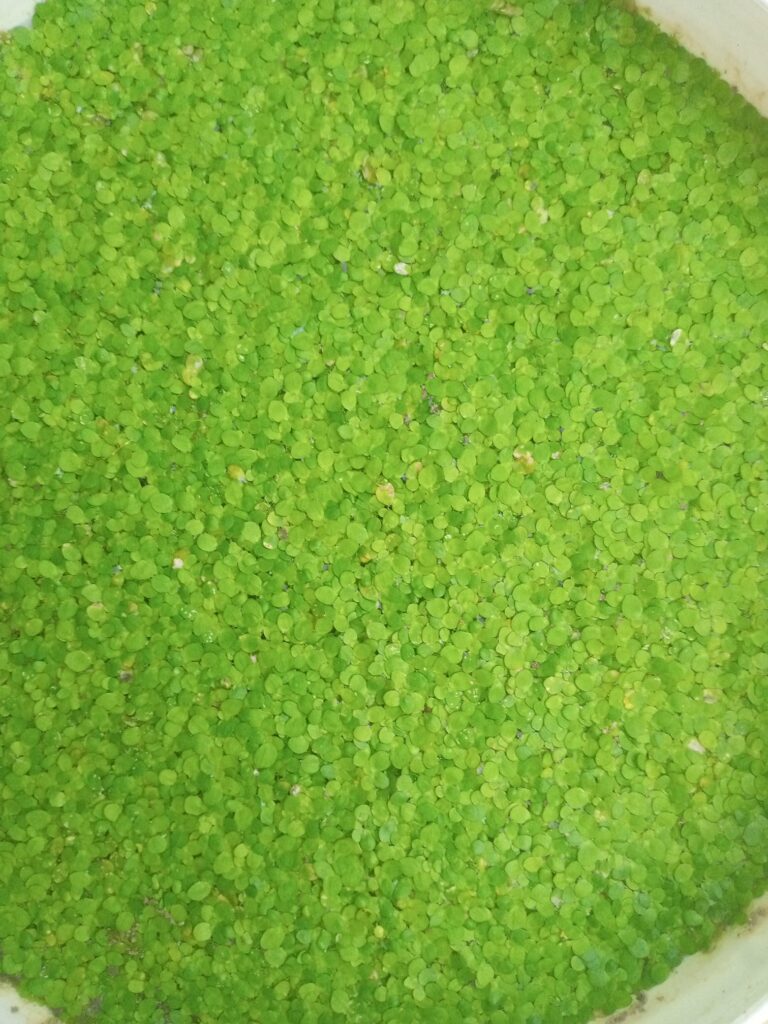How To Grow
Duck Weed
What is Duckweed ?
Lemnoideae is a subfamily of flowering aquatic plants, known as duckweeds, water lentils, or water lenses. They float on or just beneath the surface of still or slow-moving bodies of fresh water and wetlands.
As Food:
Duckweed has a high protein content, which makes it valuable as human food. Consumption of sufficient protein is important for a good health. If duckweed is grown under optimal conditions, it can contain up to 40% of protein. This protein is relatively easily absorbed in the body.
Nutrition Value :
Duckweeds contain 20–35% protein, 4–7% fat, 4–10% starch per dry weight. Proteins constitute 4.8% Lys, 2.7% Met + Cys, and 7.7% Phe + Tyr. 48–71% of fat are polyunsaturated fatty acids, the n6/n3 ratio is 0.5 or less.
Ecological Importance:
In the wild, duckweed is an important source of food for fish and waterfowl. Duckweed provides a habitat for certain types of frogs and fish. It also maintains the habitat by providing enough shade to keep the growth of oxygen-robbing algae down.


Very nice write-up. I definitely appreciate this site. Thanks!